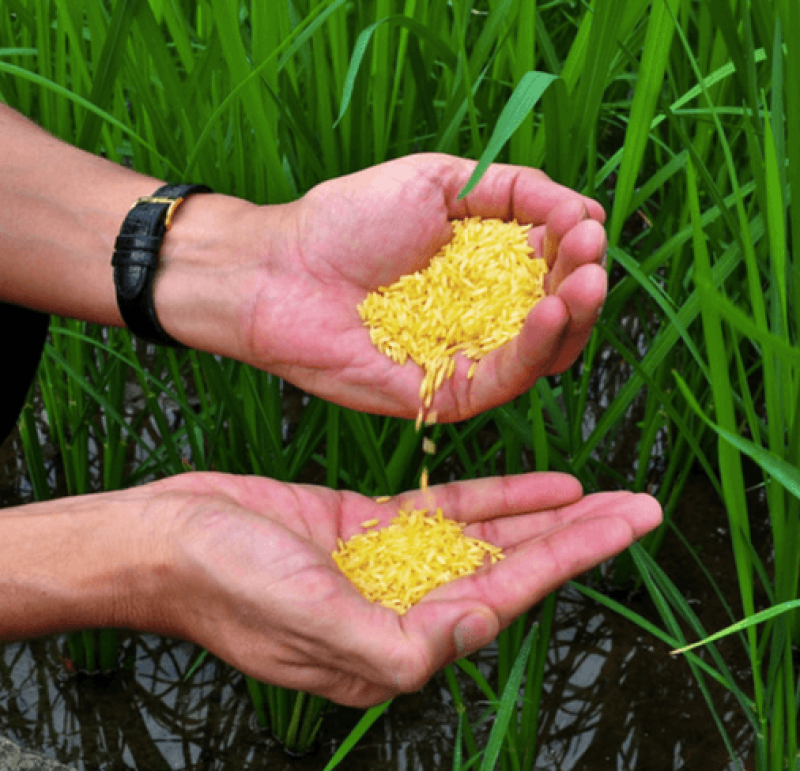Podcast: Play in new window | Download
Subscribe: RSS
Join geneticist Kevin Folta and GLP editor Cameron English on this episode of Science Facts and Fallacies as they break down these latest news stories:
Adidas and other shoe makers are turning fungi and plants into leather substitutes to attract consumers concerned about sustainability and animal welfare. Their latest product utilizes mycelium, “the mass of branched, tubular filaments (hyphae) of fungi.” Just how eco-friendly are these new shoes, and will they win the industry the pro-environment reputation its after?
Billions of male chicks are slaughtered every year shortly after they hatch, usually by grinding, because they’re too skinny to be used as meat and they can’t lay eggs. “It’s like manufacturing a billion chairs and then throwing half of them away,” says Yehuda Elram, co-founder of biotech startup eggXYT. To eliminate this gruesome, costly outcome—producing chickens only to kill them is an expensive endeavor—the Israeli company has devised a technique that adds a genetic marker to male eggs with CRISPR gene editing. The eggs then glow when passed through a scanner, which allows them to be identified and repurposed for use in medical research or as animal feed.
The technology, if it becomes widely used, could offer consumers more ethical food, Elram claims, and reduce the egg industry’s carbon footprint, since incubating billions of ultimately useless eggs consumes a lot of energy.
Are GMOs a corporate ploy to colonize developing countries? Is vitamin-A enhanced Golden Rice a plot by ‘Western entities’ to control global agriculture? Yes, says science writer Kavin Senapathy in a recent column at Slate:
Western entities that distribute GMOs abroad, like the Gates Foundation–funded African Agricultural Technology Foundation, have become embedded within governmental agencies throughout the continent. That gives these groups outsize influence in public policy. The crop isn’t truly free—it comes in exchange for reliance on and control by Western entities.
This narrative has been popular among critics of the agriculture industry for decades, but do the facts support the allegation? Moreover, do farmers who grow biotech crops in the developing world think they have been subjugated by Western biotech firms?
Subscribe to the Science Facts and Fallacies Podcast on iTunes and Spotify.
Kevin M. Folta is a professor in the Horticultural Sciences Department at the University of Florida. Follow Professor Folta on Twitter @kevinfolta
Cameron J. English is the GLP’s managing editor. BIO. Follow him on Twitter @camjenglish































